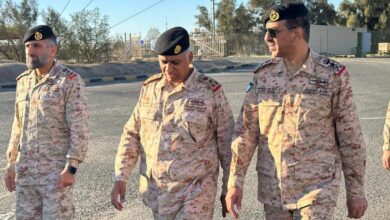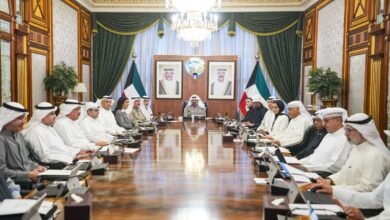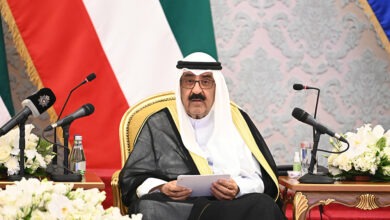KFAS and NASEM conclude precision medicine program in Washington to boost Kuwait–U.S. scientific cooperation
Kuwait’s active participation in the program underscores its commitment to scientific diplomacy, advancing national investment in precision medicine, and achieving the foundation’s strategic goals of fostering innovation and global collaboration.
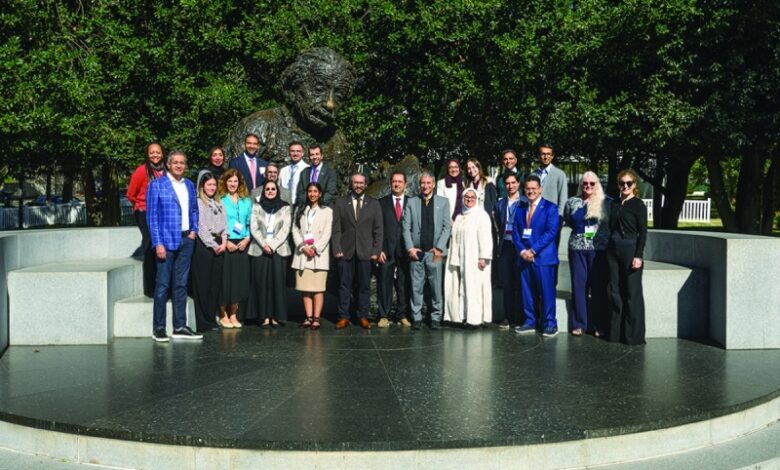
The National Academy of Sciences, Engineering, and Medicine (NASEM), in partnership with the Kuwait Foundation for the Advancement of Sciences (KFAS), concluded the program “Precision Medicine: Enhancing Knowledge Exchange and Collaboration between Kuwait and the United States”, held in Washington, D.C., with the participation of leading scientists and physicians from both countries.
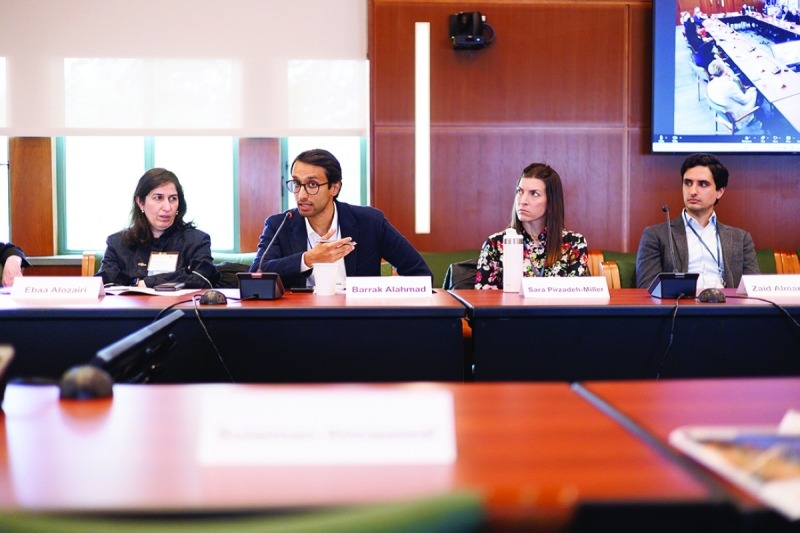
The closing ceremony was attended by Her Excellency Sheikha Al-Zain Al-Sabah, Kuwait’s Ambassador to the United States, reports Al-Rai daily.
In a press statement, KFAS explained that the two-day program featured intensive sessions and scientific discussions on integrating genomic research with environmental and policy factors, strengthening governance frameworks, and building technical infrastructure to enhance cross-border data exchange for research and clinical applications.
The program’s scientific committee was chaired by Dr. Sheikh Salman Al-Sabah, Chairman of the Medical Liability Authority and recipient of the Jaber Al-Ahmad Award for Young Researchers. Dr. Al-Sabah supervised the scientific activities and helped shape the event’s outcomes, reinforcing research collaboration between Kuwait and the United States in precision medicine and advanced medical technologies.
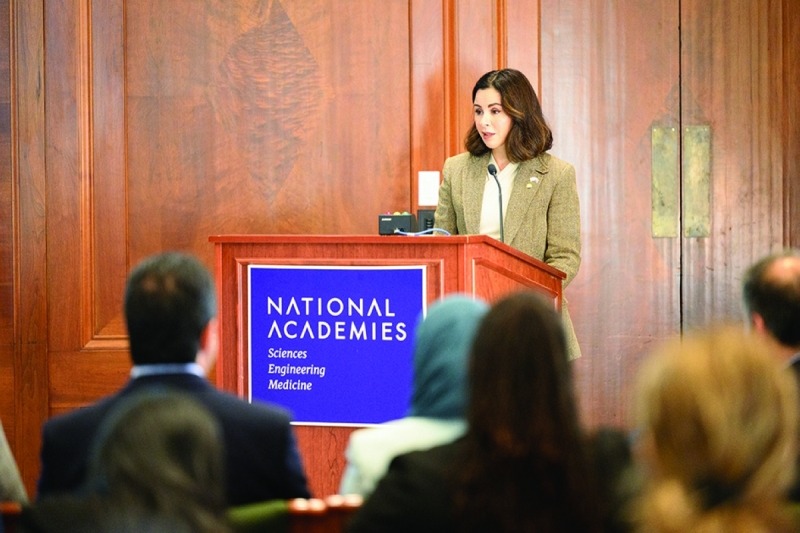
Among the distinguished participants was Dr. Waddah Al-Rifai, Professor and Arnold W. Lempka Chair in Surgery at Creighton University, who delivered a lecture titled “Translating Surgical Research into Clinical Excellence.” Dr. Al-Rifai discussed how surgical research innovations are translated into clinical practice to improve patient outcomes, emphasizing the transfer of medical technologies and the clinical evidence required for their adoption. His presentation linked research outcomes with clinical applications, sparking discussions on capacity building and standardization of protocols in healthcare institutions.
Dr. Zaid Al-Marzouq, a Jaber Al-Ahmad Award recipient, cardiac catheterization specialist, and Director of the Structural Heart Program in Boston, moderated a session on “Implementing Precision Medicine Techniques into Clinical Workflows.” He highlighted the integration of artificial intelligence, cloud platforms, and genomic analytics into clinical practice, underscoring the importance of training medical teams and ensuring the sustainability of precision medicine applications in hospitals.
The program also featured a presentation by Dr. Sulaiman Al-Mazidi, Head of the Surgery Department at Jaber Al-Ahmad Hospital, and Dr. Hamoud Al-Rashidi, Senior General Surgery Specialist, who showcased Kuwait’s pioneering experience in remote robotic surgery—recognized by the Guinness World Records as the longest remote surgery ever performed. This milestone, they noted, reflects the rapid advancements of Kuwait’s healthcare system, achieved with the support of KFAS.
Keynote sessions throughout the event addressed critical topics such as cross-border data sharing, regulatory frameworks, and human capacity development in precision medicine. The discussions concluded with practical recommendations to strengthen international partnerships and accelerate the translation of scientific discoveries into clinical applications.
KFAS emphasized that Kuwait’s active participation in the program underscores its commitment to scientific diplomacy, advancing national investment in precision medicine, and achieving the foundation’s strategic goals of fostering innovation and global collaboration.










